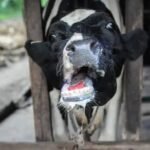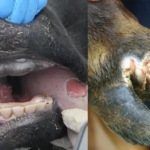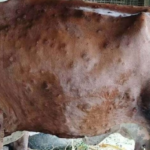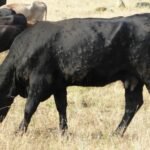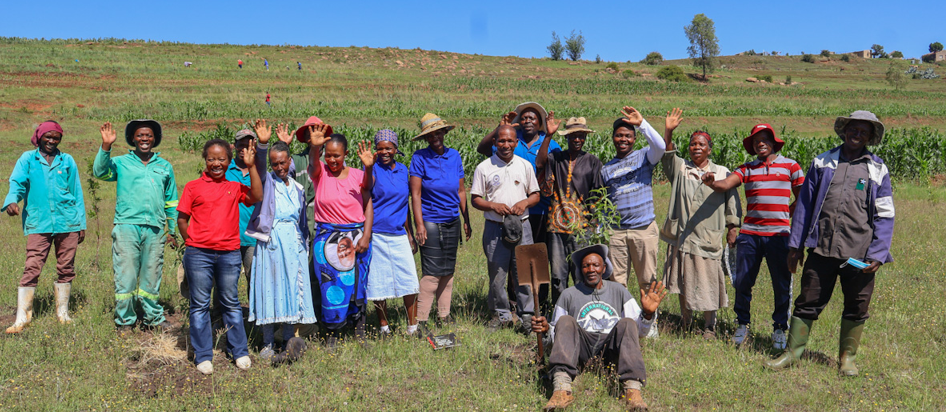Farming sustains life in Lesotho, yet years of overgrazing, soil erosion, and climate change have left vast landscapes barren.
In response, the Regeneration of Landscapes and Livelihoods (ROLL) project is leading efforts to restore degraded land and secure sustainable farming livelihoods through agroecology.
Funded by the International Fund for Agricultural Development (IFAD) and implemented with support from the Food and Agriculture Organization (FAO) and the Rural Self-Help Development Association (RSDA), ROLL is reshaping agricultural practices across the country.
At the heart of ROLL’s mission is agroecology—an approach that integrates traditional knowledge, biodiversity, and ecological resilience to improve soil health and sustainability.
However, the transition to these methods remains slow, as highlighted in the Tool for Agroecology Performance Evaluation (TAPE), a study conducted on 200 farms across four agro-ecological zones in Lesotho.
The findings show that while some farmers are embracing agroecological practices, many still rely on monoculture farming, which depletes soil nutrients and reduces long-term productivity.
“Most farms still rely on monoculture, and few have adopted diversified farming techniques that could improve soil health and long-term sustainability,” the report states.
Despite the challenges, the study found that farms implementing agroecological practices saw better economic returns, with diversified farms—those integrating crops and livestock—generating higher productivity and income than those practicing monoculture.
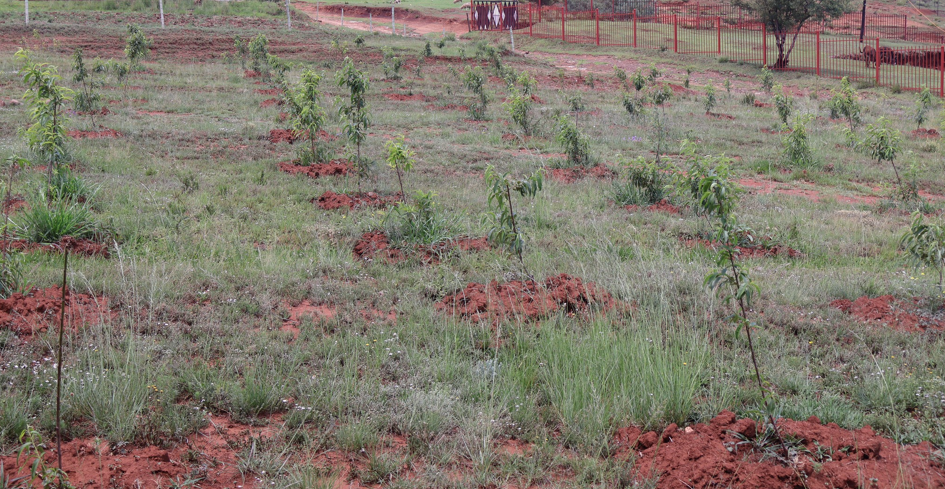
Breaking Barriers: Knowledge, Market Access, and Climate Challenges
The shift toward agroecology is not without hurdles. Many Basotho farmers lack access to markets, technical knowledge, and financial resources needed to transition fully to sustainable farming. Additionally, climate change continues to threaten yields, making it difficult for farmers to maintain consistent food production.
“Another challenge is the low participation of women and youth in agroecological farming, especially in livestock production,” the report notes.
It stresses that cultural norms still dictate who owns land and makes agricultural decisions, often leaving women and young people out of the equation.
“For Lesotho to achieve true agricultural sustainability, empowering these groups must be a priority.”
Agroecology’s Role in Restoring Landscapes and Strengthening Livelihoods
The ROLL project is working to foster knowledge sharing, enhance access to resources, and create supportive environments for sustainable agriculture.
It promotes diversified farming systems that integrate different crops, livestock, and income-generating activities, encouraging efficient resource use and reducing dependence on external inputs.
A key focus of ROLL has been its work in restoring degraded rangelands.
The project supports sustainable livestock management by introducing better-quality breeding stock to reduce overgrazing while enhancing wool and mohair production. Farmers are also trained in water conservation techniques, helping them adapt to erratic rainfall and prolonged droughts.
“The success of wool and mohair farmers in the highlands demonstrates how organised cooperatives can improve market access—a model that could benefit crop farmers as well,” the study suggests.
A Vision for the Future: Scaling Up Agroecology in Lesotho
While progress is being made, the TAPE study emphasises that more efforts are needed to scale up agroecological practices and strengthen Lesotho’s food systems.
The report highlights key recommendations, including; improved knowledge-sharing networks to ensure farmers receive technical training and support, government incentives for sustainable farming to encourage more farmers to adopt agroecological methods, stronger local markets to improve profitability and sustainability and increased resilience to economic and environmental shocks through diversified farming practices.
Early results from the study indicate a positive correlation between agroecological transition and economic performance, with more advanced farms demonstrating higher productivity and improved incomes.
The project also emphasises gender equality, youth empowerment, and better access to resources and markets, ensuring that all farmers benefit from these advancements.
ROLL’s Lasting Impact on Basotho Farmers
As the ROLL project continues, its success will be measured not only by improvements in land restoration but also by the long-term resilience of the farming communities it supports. With just a few years remaining before its completion in 2028, stakeholders must ensure that the knowledge, skills, and structures put in place remain sustainable.

